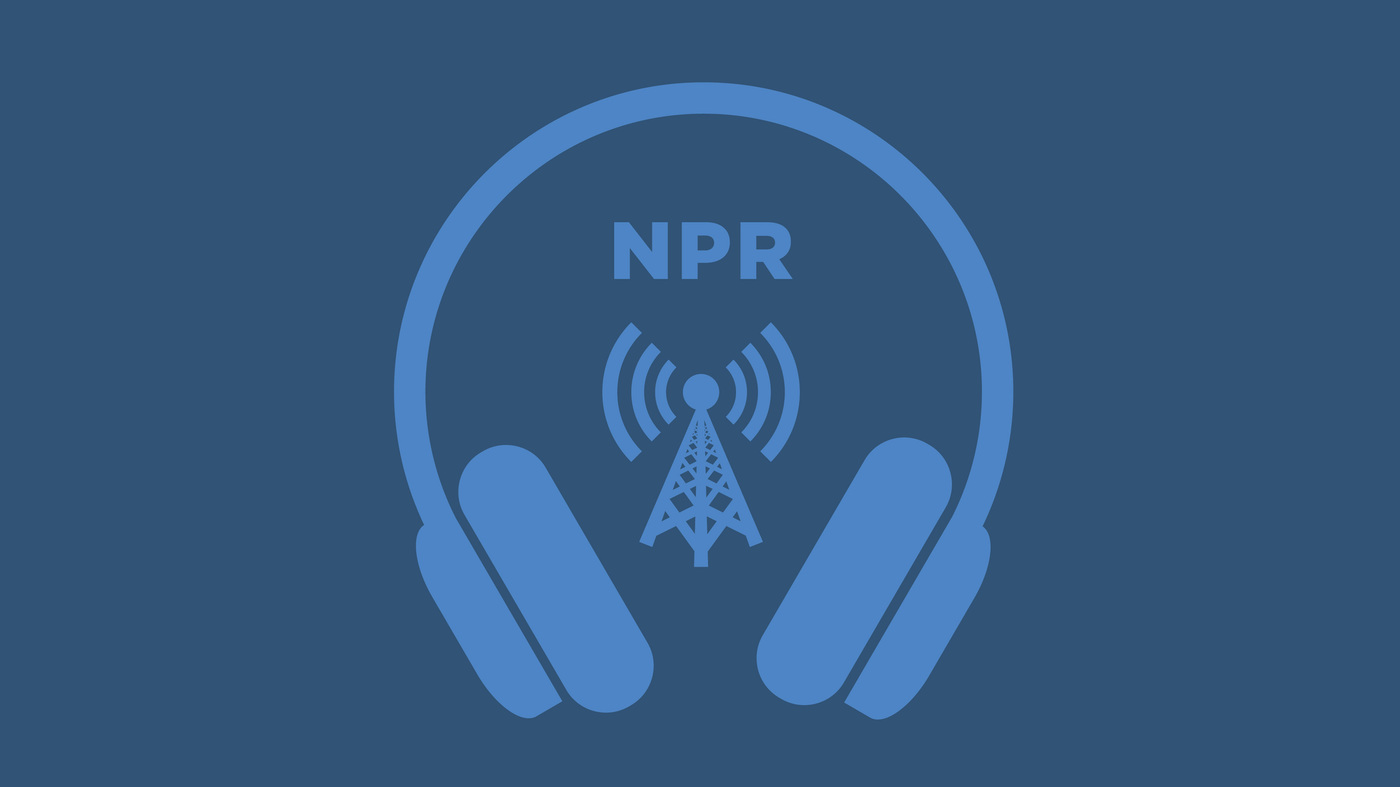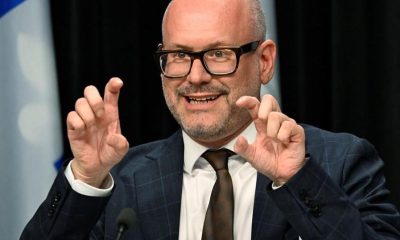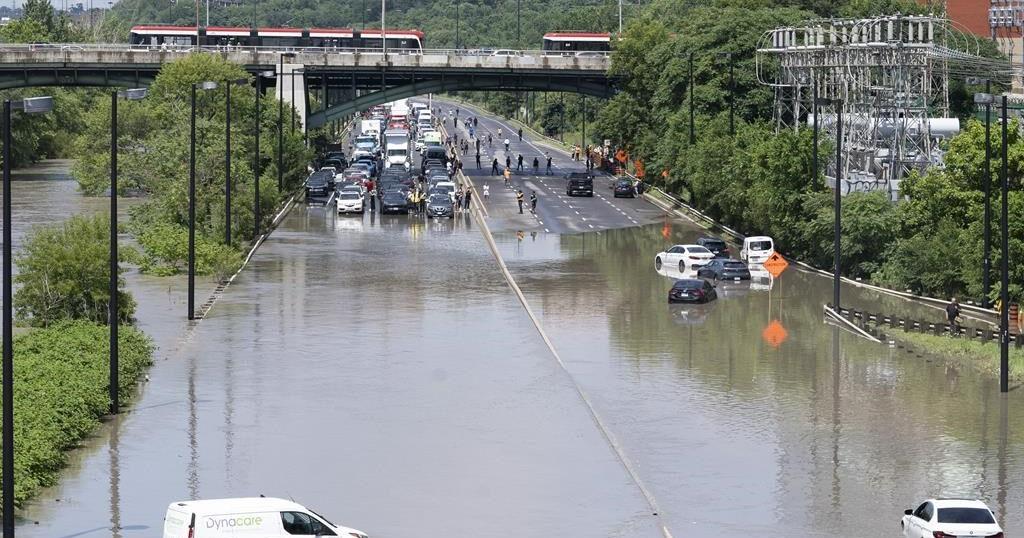NPR’s Ron Elving breaks down all the latest political developments, including the latest blows in the fight for the future of the Republican Party.
SCOTT SIMON, HOST:
Lawmakers are busy this week working with and often against each other. Well, that’s life on Capitol Hill. We’re joined by NPR senior editor and correspondent Ron Elving. Ron, thanks so much for being with us.
RON ELVING, BYLINE: Good to be with you, Scott.
SIMON: Let’s begin with the $1.9 trillion coronavirus relief package. Budget plan was passed by the House and Senate this week. Still quite a ways from actual money changing hands, aren’t we?
ELVING: Yeah, sadly. It’s a pity. We hear so much about $1,400 and speed because it depends on your definition of speed. What just happened in Congress this week was a crucial first step in the House and Senate, but there are many more steps ahead. And it’s going to be March sometime, at best, before those checks are actually in people’s bank accounts.
This is still a congressional process. It’s not finished. And when they talk about reconciliation – a word you’re going to hear a lot in the days ahead – they mean making a new set of spending laws work with the existing laws. That’s a continuing process of negotiation, and it takes some weeks to work out.
SIMON: So what does President Biden mean when he says he’s going to act fast?
ELVING: You know, there are objects that move at a speed too fast to be seen by the human eye, Scott, and then there’s Congress, which moves at a speed that is too slow to be detected by the human eye, oftentimes. When President Biden says fast, he means in contrast with either doing nothing at all or waiting until summer or fall to decide. And what they’re using – this somewhat cumbersome budget process, this reconciliation process – they use that because it rules out any use of the filibuster. That way the Democrats can win in the Senate with just their own votes. That’s why they put Obamacare on it a decade ago and why they’re going that route again.
SIMON: Let me ask you about the battle that seems to be going on in the Republican party in Congress right now. Secret ballot – Republicans voted to keep Representative Liz Cheney in her leadership position after voting to impeach President Trump and her forceful criticism of his role in the January 6 insurrection. But 11 Republicans joined the Democrats to remove Georgia’s Marjorie Taylor Greene from the Labor and Education Committee. This was after the dangerous and false conspiracy theories and threats to lawmakers that she spread online. On the other hand, she’s still got her seat in Congress. What’s at the heart of this struggle within the party?
ELVING: There are some personal dynamics here, Scott, but in one word, it’s really reelection. They need to keep their November voters close and their primary season voters closer. They know how important their Trump loyalists are within their voter base, and they don’t want to face a primary challenger in 2022.
SIMON: Donald Trump’s second impeachment trial begins in just a few days. He apparently won’t testify. His legal team essentially just came together in the past few days. What do you foresee?
ELVING: The president can’t very well say that the trial is unconstitutional and then, in some sense or another, cooperate with it. But he does have lawyers presenting a case for him. And he has apparently pressured them to talk about the election. That is a dead letter for Senate Republicans. They do not want to re-adjudicate the election results. They do not want to talk about what happened on January 6. They’re ready to move on, and they’ll vote against conviction on the basis of the president – former president now being out of office, period. They don’t want to get into the rest of it.
SIMON: One last question – Tampa or Kansas City?
ELVING: I have some natural affinity for guys like Brady – Tom Brady – who are still in there well into their 40s or even, you know, later decades. But, look; I went to high school in Kansas City, rooted for the Chiefs in the very first Super Bowl ever in 1967, so I’ll be all-in for them tomorrow. Go Chiefs.
SIMON: Ron Elving, thanks so much.
ELVING: Thank you, Scott.
Copyright © 2021 NPR. All rights reserved. Visit our website terms of use and permissions pages at www.npr.org for further information.
NPR transcripts are created on a rush deadline by Verb8tm, Inc., an NPR contractor, and produced using a proprietary transcription process developed with NPR. This text may not be in its final form and may be updated or revised in the future. Accuracy and availability may vary. The authoritative record of NPR’s programming is the audio record.































